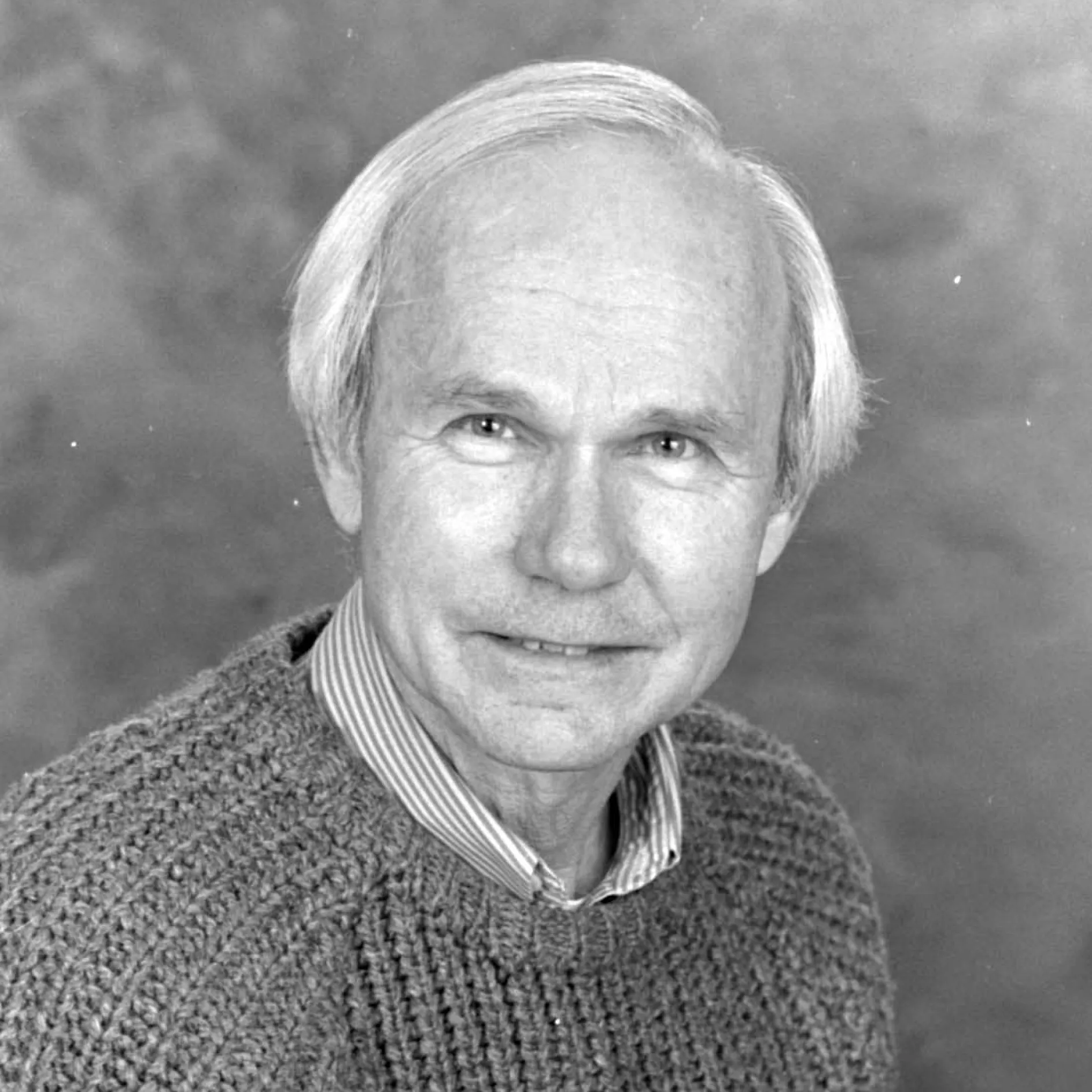Professor Canfield continues to research projects deriving from his long interest in social affairs in Afghanistan. One of those interests is his intention as a cultural anthropologist to report on situations and social practices among the people he knew in Afghanistan when he collected field notes there in the 1960s. Much information from that period is still unpublished but he continues to bring out significant details from those field notes. Two recently published memoirs based on that material are "Recollections of a Wedding in the 1930s" and "Trouble in Birgilich".
Another interest of Canfield's is to explain the wider significance of the Afghanistan war. He believes the geopolitical implications of the war are huge. This case he has made several times, the most recent being "Continuing Issues in the New Central Asia" (2008), and the "Introduction" to Ethnicity, Authority, and Power in Central Asia: New Games Great and Small (2010). Currently he is writing a note about the geostrategic importance of Afghanistan and Pakistan for the construction of oil and gas pipelines from neighboring countries in Central Asia. Negotiations are on-going and plans already exist for the construction of pipelines through these countries as soon as hostilities can be resolved.
A third set of projects is the attempt to describe patterns of alliance that have taken form among the fighting groups in Central Asia during the last several decades. The most recent of those studies are "Fraternity, Power, and Time in Central Asia" (on the groups that joined the Taliban in the 1990s), and "New Trends among the Hazaras: From 'The Amity of Wolves' to 'The Practice of Brotherhood.'" His current project, similar to those, has taken him into new territory. The problem is to explain the social conditions that produced a community of young Muslims in Europe and the Middle East that would regard Osama Bin Laden as a hero after the attacks of September 11, 2001. In the attempt to grasp how those sentiments were produced he has been induced to examine a similar phenomenon in the Western world in a very different social community: the sudden world-wide fame of Susan Boyle after a seven minute performance on "Britain's God Talent." Each event - the 911 attack and the seven-minute performance, which produced tears among people around the world - brought out emotional sentiments that were apparently similar but in two obviously different moral communities. By examining the events and the moral communities that responded to them he hopes to expose how such communities are created circumstantially.
These research interests are not disparate for, in the grand tradition of the discipline, he takes anthropology to be the science of history. As such it encompasses the need to understand the human condition as we find it in many social contexts, from the every day encounters of ordinary people to the political activities of leaders involved in world affairs. For Canfield, this is the funnest field there is.
